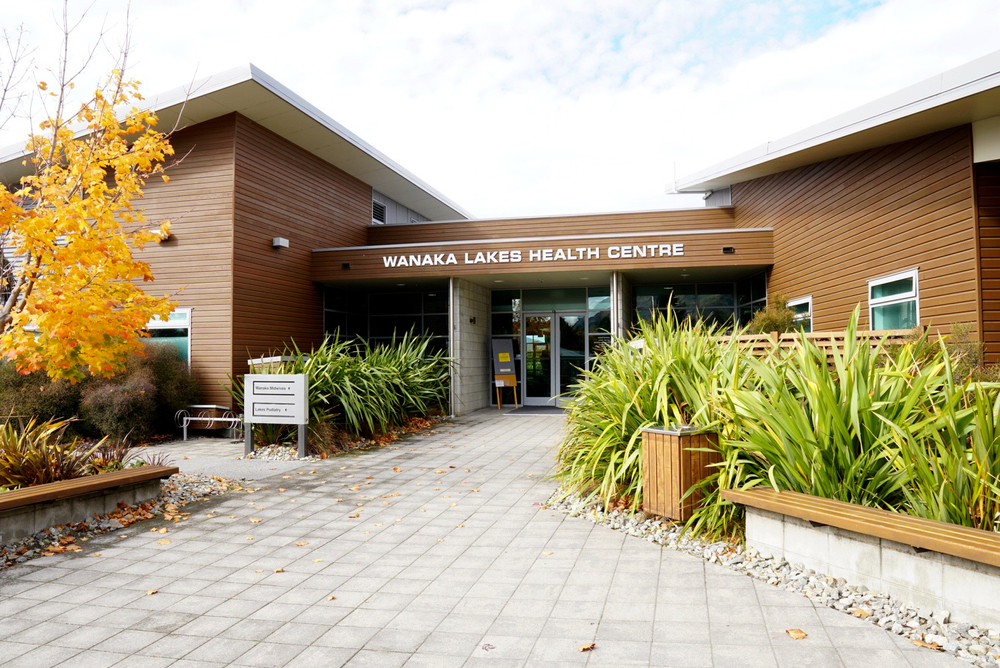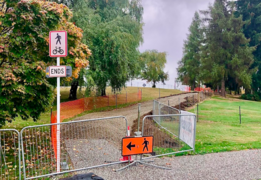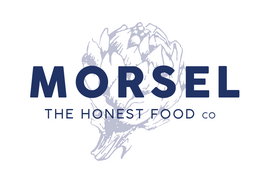General practices feeling pressure
Sue Wards
23 April 2025, 5:06 PM
 A survey has found general practice owners and senior staff are working long hours, staying late, and taking on extra duties to keep up with demand. PHOTO: Supplied
A survey has found general practice owners and senior staff are working long hours, staying late, and taking on extra duties to keep up with demand. PHOTO: SuppliedA primary care survey report shows that general practices in rural Otago and Southland are feeling pressure, and are, compared to their urban counterparts, more likely to struggle to retain workforce, fill gaps and therefore provide care for the community they live in.
The Upper Clutha’s three general practices - Wānaka Medical, Aspiring Medical, and Cardrona Doctors - are designated ‘rural’.
While Wānaka doesn’t experience all the same rural shortages, local practices have other pressures such as long hours, and staff having to stay late and take on extra duties to keep up with demand.
WellSouth (the primary health organisation for Otago and Southland) CEO Andrew Swanson-Dobbs told the Wānaka App that, while some of rural practices are struggling with workforce shortages due to the size of the practice, “Wānaka is more fortunate that its practices have bigger clinical teams and therefore provide more resilience”.
“However, there are similar pressures when it comes to patient demand, hours of work and mood,” he said.
“The population is growing, urgent after-care needs to be assessed and practices have to deal with the swell of tourists during holiday season. This will be happening right now with Easter and school holidays. The pressure mounts, and this affects staffing, patient interaction and job satisfaction.”
Andrew said the WellSouth Primary Care Survey was established to understand the challenges facing primary care providers in the Southern region.

Local general practices are under pressure to cope with demand. PHOTO: Wānaka App
“While this is only the second survey of its type, we can see ongoing pressure and constraints, most acutely felt in our small, rural general practices,” he said.
WellSouth has been surveying general practices and pharmacy since Covid-19 monthly check-ins. The new six monthly, more comprehensive survey launched in April 2024 covers pressures on workforce, capacity, and funding.
“From the first April survey to the next, we have seen little relief or change to pressures for general practice,” Andrew said.
The survey shows that overall, mood and morale have remained largely stable since April 2024 across the urban and rural practices, with a slight shift towards being more positive, with only 11 percent rating ‘Poor’ or ‘Very Poor’ compared with 15 percent on April 24.
Despite this, feedback shows that most general practice staff are experiencing mild to moderate burnout.
Andrew said the system and persistent under-funding of primary care must be addressed via nurse pay parity, greater support, and resources for primary care due to the workload pushed back from secondary care.
“We must ease the administrative burden from non-contact time, and review appointment structures and ways to address patient expectations,” he said.
Andrew commended practices that are adapting to pressures, including the use of triage improvements, expanded nursing roles, and telehealth, but said “acute demand continues to take priority over proactive care, and financial barriers prevent implementation of effective solutions”.
The Wānaka App approached Wānaka’s general practices for comment.
PHOTO: Wānaka App







